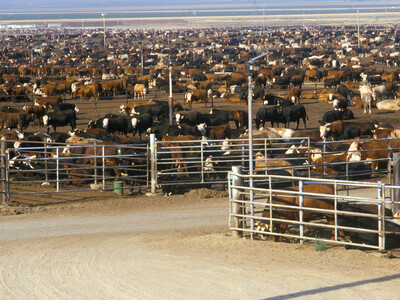Touting Renewable Fuels
Touting Renewable Fuels. I’m Greg Martin with today’s Line On Agriculture.
Ethanol groups, including the Renewable Fuels Association and the Advanced Ethanol Council, have formed a coalition called "Fuels America" to tout the Renewable Fuel Standard's benefits to the environment, economy and U.S. energy security. Several biofuel companies have also joined the coalition. BIO president and CEO Jim Greenwood made the announcement about “Fuels America.”
GREENWOOD: Which is a new and very large coalition of advanced and traditional renewable fuels stakeholders. Our purpose is to defend the renewable fuels standards and all of the various and significant economic employment environmental and national security benefits that have derived from them. To wit since 2005 the Renewable Fuels Standard has been responsible for the creation of 400-thousand jobs and significantly reduced our reliance on imported oil by 25%.
Greenwood says that 10% of our energy now comes from renewable sources.
GREENWOOD: We’ve reduced the price of gasoline by over a dollar. We’re increased farmers assets by half a trillion dollars - $500-billion dollars. We have established ourselves as the worlds leader when it comes to biofuels, renewable fuels. On the advanced side where many of my companies have been centered cellulosic fuels have invested and committed $5-billion dollars for these advanced cellulosic plants.
He says these plants are online and waiting to scale up.
GREENWOOD: But we are facing a wave of opposition recently. Some of that comes from the oil industry as it has traditionally but now this opposition has been intensified by requests from governors and certain members of Congress for a waiver of the renewable fuels standard by the EPA and that has been in direct response to the drought conditions that have put pressures on all farmers.
The campaign will initially target Washington, D.C., and a number of states, including Colorado, Ohio, Delaware and Montana.
GREENWOOD: 20 years from now we do not want to see a situation where our children ask whatever happened to the promise of clean, renewable domestic fuel and have to tell our children, well that all went away because there was a drought in 2012. There are legitimate ways for policy makers to respond to the current drought conditions but undermining an important part of our future energy program is not the right way.
That’s today’s Line On Agriculture. I’m Greg Martin on the Ag Information Network.

















